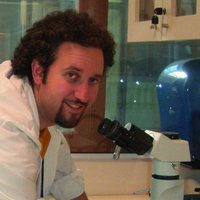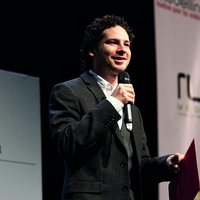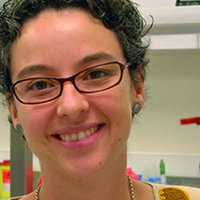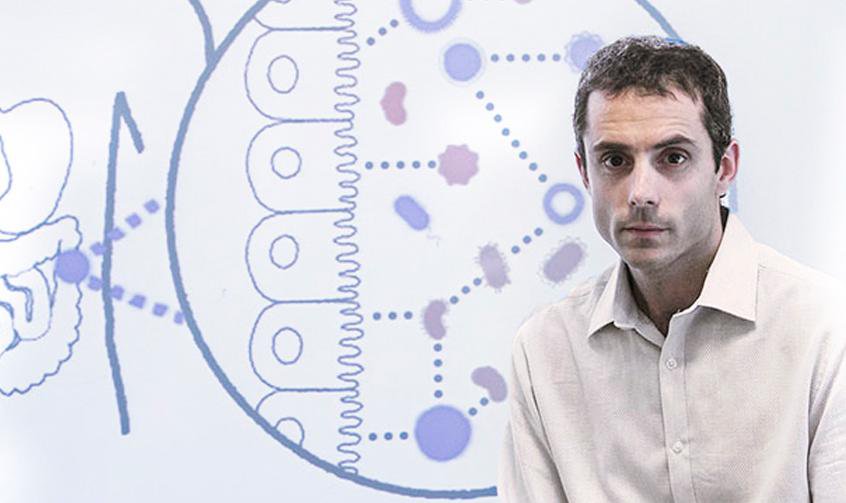"In any battle, victory may be obtained either by fighting one's enemy directly, or by securing previous alliances. It is by following this principle that in 2007 Bernat Ollé, a young Spanish entrepreneur, started working on a number of biomedical ventures which apply DNA sequencing techniques not on the human genome, but rather on the one of the little known allies of the human body when it comes to fighting diseases: the microbial colonies which live and grow with and within us, all lifelong. In fact, their presence is such that they outnumber human cells by 10 to 1, and although invisible to us, they keep us safe throughout our life, protecting us from the penetration of pathogenic microbes.
Ollé, after a fast-track career that took him from Universidad Rovira i Virgili (Spain) to prestigious MIT and Sloan Business School, is now Principal at PureTech Ventures, a science & technology company that develops and commercialises new healthcare solutions through the creation of dedicated companies. In the last 7 years, Ollé co-founded a number of new companies, each focusing on a specific area. Ranging from developing new treatments against baldness to improving health through nutrition, all of them share the same leverage, namely the approach of modifying the human microbiome to create a new family of drugs, which could potentially treat a broad number of diseases.
Through a fourth company, Vedanta Biosciences, of which he is also Operations Director, Ollé is tackling the field of immune system diseases, such as allergies, diabetes, and ulcerative colitis. By decrypting the relationships between such diseases and the disbiosys (i.e. the changes in microbioma), it appeared that “not only such relationship existed, but that the disbiosys was a direct cause of the disease,” recalls Ollé. In other words, something a change in our “normal” microbial colonies resulted in a lower defence against specific pathogenic agents. An antibiotic kills bacteria; however, it does so without distinction between the “good” and the “bad” ones. Ollé's drugs, on the other hand, are extremely selective. Rather than chemically synthesised drugs, in fact, they are “a set of live organisms which modify the entire microbioma the way we want,” explains the young innovator. For instance, Clostridium IV and XIVa are two groups of bacteria, which are drastically reduced in individuals suffering from colitis or Crohn's disease. Administering these bacteria – simply obtained by human faeces of healthy individuals – Ollé and a Japanese researcher, Kenya Honda, showed a regression of the disease in affected rats. The way is now open to clinical testing in humans.
If Ollé's work has been made possible by the advances in DNA sequencing derived from the Human Genome Project, he is proving that looking at the DNA of our “tenants” may prove just as promising."




